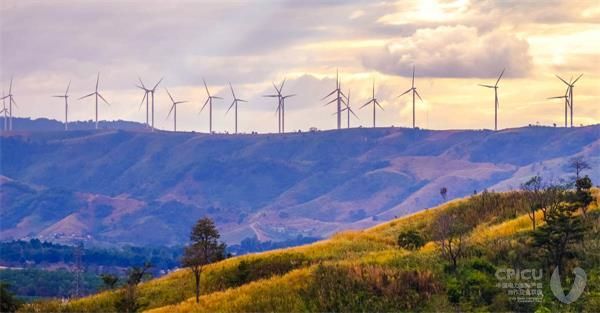More ambitious renewable energy deployment could save over USD 9 billion annually

Abu Dhabi, United Arab Emirates, 5 December 2017 — With a stronger and more ambitious energy development plan, Thailand’s share of renewable energy in total final energy consumption could surpass its national target by a quarter and reach more than 37 per cent by 2036, according to a new report published by the International Renewable Energy Agency (IRENA) and the Ministry of Energy of Thailand.
Renewable Energy Outlook: Thailand finds that decreasing imports of fossil fuels and increasing the share of renewables in the energy mix to 37 per cent would improve energy security and reduce the cost of Thailand's energy system by USD 1.2 billion annually by 2036. An additional USD 8 billion per year could be saved in avoided externalities from environmental and health-related costs of fossil fuels. Thailand currently relies on imported energy for more than half of its energy supply, a proportion that is likely to increase further as its proven reserves of oil and gas diminish and its energy demand continues to grow.
“Thailand, like other Southeast Asian nations, stands at an important crossroads in its energy future, as its growing economy is set to fuel energy demand growth of close to 80 per cent over the next two decades,” said IRENA Director-General Adnan Z. Amin. “Accelerating the deployment of renewable energy in Thailand can underpin a period of sustainable economic growth that decarbonises the energy system while also lowering costs, creating jobs and improving energy access across the country,” continued Mr. Amin. “The switch to renewable energy represents more than just an energy transition in Thailand – it can support a complete economic transformation.”
The report also emphasises the importance of developing a portfolio of different renewable energy sources in Thailand’s energy mix that can complement each other in resource availability. It shows the country can expand its use of indigenous solar, wind and bioenergy resources across power generation, thermal uses and transportation.
The report offers five main recommendations for Thailand:
Increasing the role of solar photovoltaic (PV) and wind power in its energy mix;
Scaling up the use of solar thermal technologies in water heating and end-use sectors;
Developing mechanisms to ensure effective thermal use based on renewable energy sources;
Ensuring reliable, high-quality, affordable supply of biomass fuels while diversifying incomes for local farms;
Devising a long-term transportation development plan focusing on electric or renewable-based vehicles and fuel types.
Renewable Energy Outlook: Thailand, is the first undertaking from IRENA that combines the methodologies of both REmap and Renewables Readiness Assessments (RRA). While REmap determines the potential for countries to ensure an affordable and sustainable energy future and RRA is a country-initiated process that identifies short- and medium-term actions for the rapid up-scaling of renewables.
Download the full report here.

